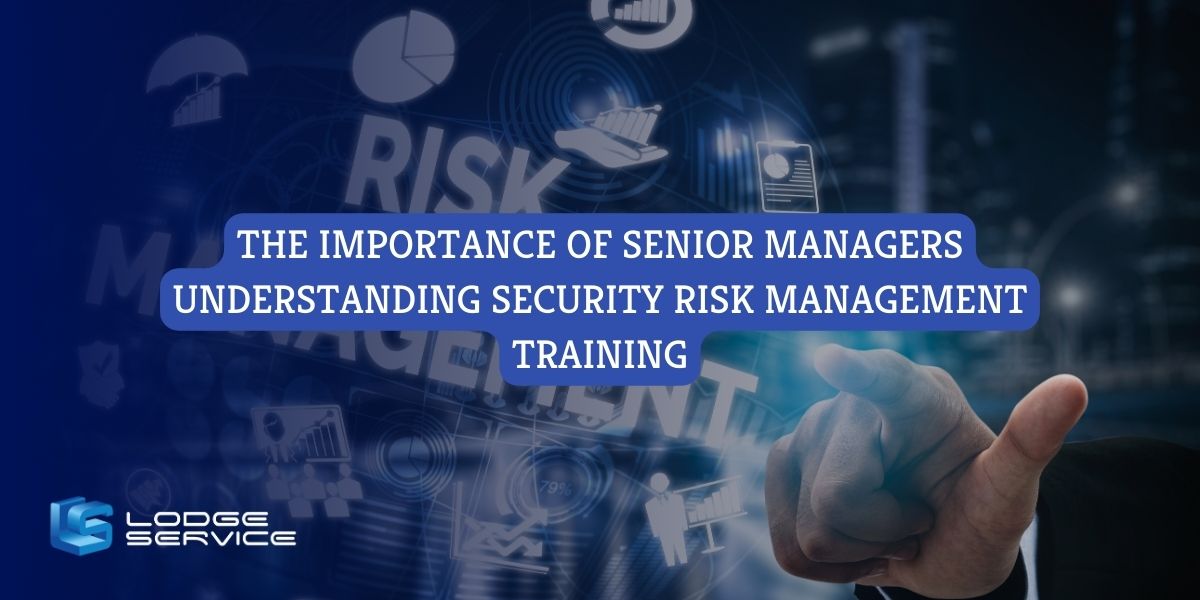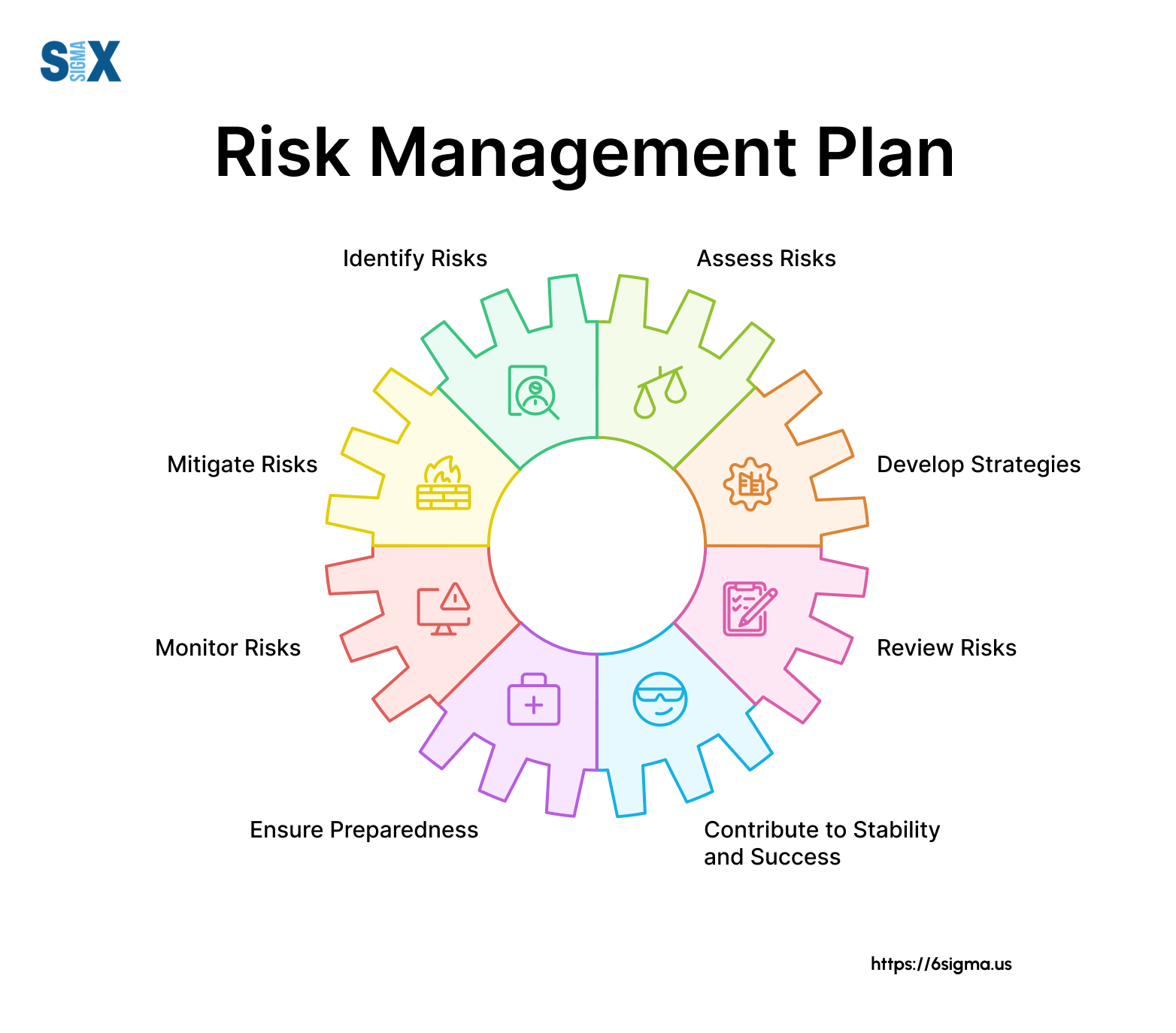How the Importance of Risk Management Drives Successful Project Outcomes
How the Importance of Risk Management Drives Successful Project Outcomes
Blog Article
The Critical Importance of Risk Management in Getting Business Goals
This is where Risk Management actions in, giving a structured method to determining, assessing, and mitigating potential obstructions to advance. As we check out the important duty of Risk Management in attaining business objectives, one can not wonder however aid: just how does this equate right into real-world success?
Comprehending the Principle of Risk Management in Organization

The Integral Duty of Risk Management in Strategic Preparation
Incorporating Risk Management right into calculated planning acts as a safeguard for companies, securing their lasting strategies with a strong structure of readiness and durability. Risk Management provides a framework for preparing for uncertainties and devising ideal reactions, guaranteeing the organization's survival and success even in the face of difficulty. By integrating Risk Management into calculated planning, organizations can change these uncertainties into chances for growth and development.

Methods for Identifying, Assessing, and Prioritizing Threats
Navigating the complicated landscape of risks requires the application of particular techniques for their recognition, prioritization, and analysis. The procedure begins with Risk recognition, utilizing tools such as SWOT evaluation, which helps in determining potential threats and chances. Next, Risk analysis is performed to determine the potential impact and likelihood of each Risk. Devices such as Risk matrices and impact-probability charts are utilized for this. Lastly, dangers are prioritized based upon their potential effect and possibility, permitting companies to concentrate their resources on critical dangers. This organized approach makes certain a detailed understanding of the Risk landscape, making it possible for companies to make informed decisions and efficiently handle risks to achieve their goals - importance of risk management.
Securing Business Procedures With Effective Risk Management
In business landscape laden with unpredictabilities, reliable Risk Management plays an essential function in guarding business operations. It serves as a safety guard, alleviating the unfavorable effects of potential threats and making certain click here for info the smooth functioning of all procedures. By determining and evaluating potential threats, Risk Management enables companies to develop robust backup strategies. This precautionary approach aids in maintaining functional stability, even when challenged with unforeseen scenarios. Basically, Risk Management is the lifeline that maintains the organizational procedures afloat in the middle of turbulent waters. It makes certain not only the survival but the lasting development of a company, making it an essential device in accomplishing business purposes. Organizations need to spend in detailed Risk Management strategies to secure their operations.

Transforming Potential Risks to Opportunities: The Power of Risk Management
A proactive technique to run the risk of Management involves recognizing, analyzing, and focusing on dangers to develop strategies that turn them into possible benefits. Thus, by leveraging this hyperlink the power of Risk Management, organizations can not just secure their procedures but additionally spur development and attain their goals in an unpredictable company atmosphere.
Case Studies: Success Stories of Risk Management Driving Service Objectives
Successful implementation of Risk Management methods has produced outstanding cause various services, highlighting the values of this technique. International companies like Microsoft and Google, for example, have leveraged Risk Management to lessen dangers and make use of chances, driving their service goals ahead. Microsoft's positive Risk Management strategy aided it pivot swiftly throughout the 2020 pandemic, transitioning to remote job smoothly, therefore preserving performance. Google, by analyzing and mitigating potential risks in its cloud-based services, has actually made sure undisturbed service, therefore reinforcing client count on. These examples illustrate just how successful Risk Management can not only guide companies free from prospective pitfalls however also lead them in the direction of their tactical purposes. Therefore, Risk Management is important to the quest of business goals.
Conclusion
In verdict, Risk Management is fundamentally crucial in accomplishing organizational goals. By including Risk Management into tactical preparation, businesses can much better navigate uncertainties, protect operations, and capitalise on chances, therefore straightening with lasting purposes.
At its core, Risk Management is here the procedure of recognizing, analyzing, and resolving possible threats that might negatively influence a company's objectives or operations. Next, Risk evaluation is conducted to ascertain the possible effect and possibility of each Risk. Threats are focused on based on their prospective impact and likelihood, enabling companies to concentrate their resources on high-priority threats. By recognizing and assessing possible risks, Risk Management enables organizations to develop robust backup plans. An aggressive method to risk Management entails determining, assessing, and focusing on threats to develop approaches that turn them right into potential benefits.
Report this page